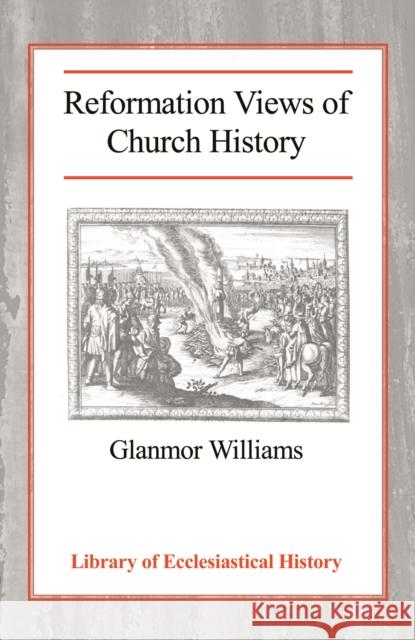Reformation Views of Church History » książka
Reformation Views of Church History
ISBN-13: 9780227171738 / Angielski / Miękka / 2004 / 88 str.
Glanmor Williams presents different views of Church History propagated by English writers during the Reformation. He introduces this topic by exploring the continental background, including Luther's arguments, the opponents and Luther's influence on important English authors of the sixteenth century. Almost as soon as Luther came to communicate his sensibilities to others he began to realise that defenders of orthodoxy would denounce them as an intolerably presumptuous threat on the part of a single misguided monk to fifteen hundred years of established authority in the Church. Quite apart from the counter-arguments such as those raised by the clerical controversialist, Eck, there was the obvious and very serious objection against criticism of the Church, voiced by the Emperor Charles V: "For it is certain," he protested, "that a single monk must err if he stands against the opinion of all Christendom. Otherwise Christendom itself would have erred for more than a thousand years." On October 31 1517, the then obscure friar-professor, Martin Luther, pinned up his ninety-five arguments on the church door at Wittenberg. He was, unknown to himself, proclaiming doctrines which were to find an echo in all corners of Europe in a remarkably short space of time. Among those who were most gladly to receive and propagate the Lutheran message was a young Englishman, William Tyndale, the outstanding English reformer of the first generation, and a major figure among English reformers of any generation. In this fascinating book Williams also looks at the great impact of John Bale and John Foxe.











